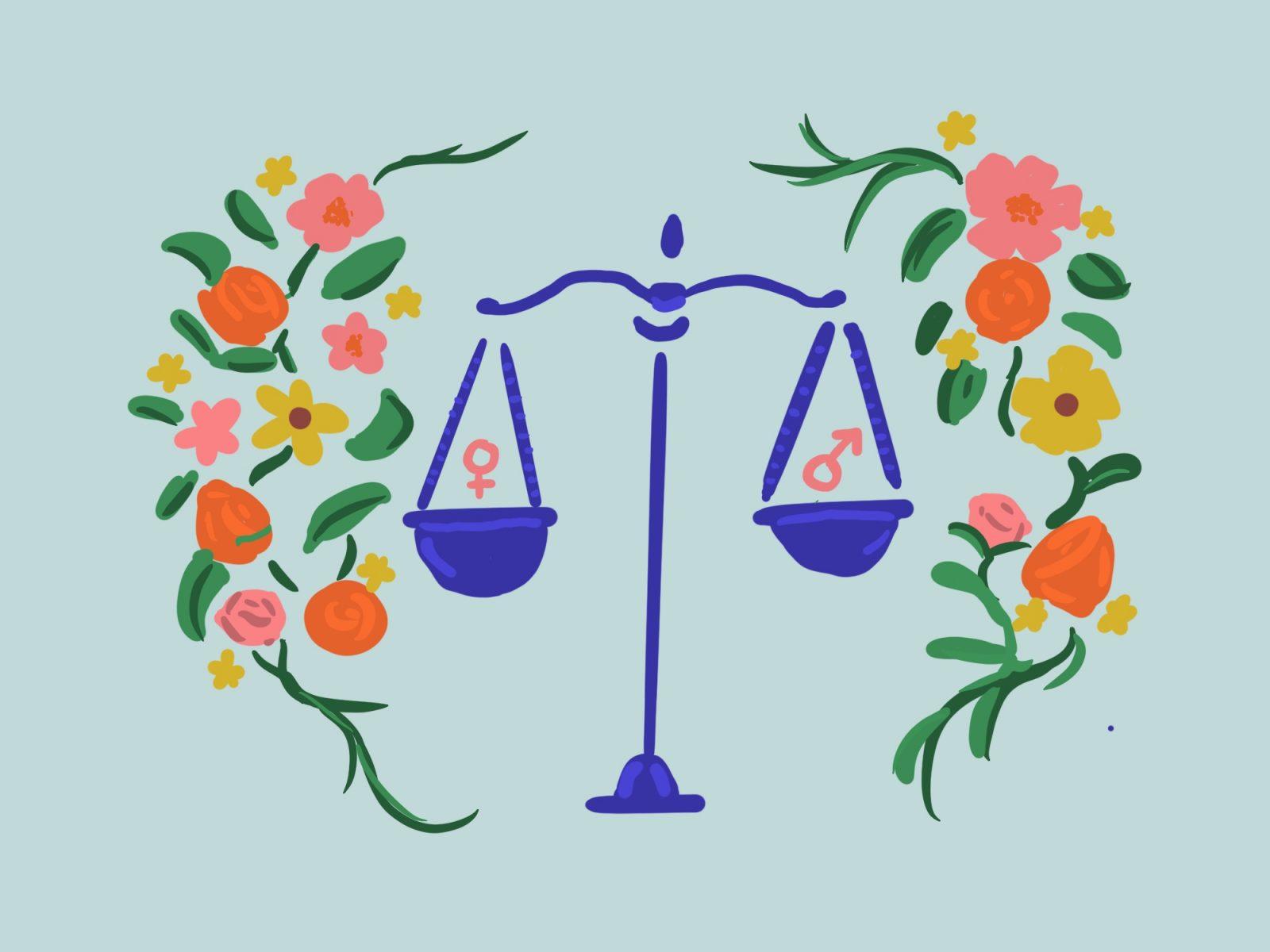Op-Eds do not reflect the editorial opinion of The Daily Free Press. They are solely the opinion of the author(s).
Sara Purvis is a graduate student in the School of Public Health.
In late March, President Donald Trump and Vice President Mike Pence received COVID-19 nasal swab tests and called the tests “invasive” and “unpleasant.” Their phrasing inspired countless women to speak up about invasive procedures they endured on Twitter.
One woman tweeted her view on Pence’s phrasing: “Pence said his Covid-19 nasal swab was ‘invasive.’ Pence, who tried to pass legislation forcing women to have a transvaginal ultrasound to access abortion. Have someone stick a wand up your gee and give your cervix a twiddle without consent and come back to us on invasive, Mike.”
Unlike the tests that Trump and Pence took, the procedures for these women were not medically indicated. There is no evidence to support transvaginal ultrasounds prior to abortions. Some states have extremely strict abortion laws that require a woman to undergo a transvaginal ultrasound prior to accessing an abortion. This procedure involves inserting a large ultrasound wand into the vagina and slowly rotating the wand to provide a comprehensive picture of the reproductive organs.
This wand is significantly larger than the nose swab Trump endured for his own health. Transvaginal ultrasounds are a widely used procedure, specifically for women with unexplained vaginal bleeding, ectopic pregnancy, infertility and other health concerns, according to Healthline. For these women, transvaginal ultrasounds are medically indicated as they assist with the diagnosis of certain reproductive health concerns. For women seeking abortions, they are not.
Ultrasounds are not necessary during the first trimester, when most abortions occur. Forcing women to endure transvaginal ultrasounds, or even regular ultrasounds, is a scare tactic that creates barriers to care and restricts access to abortion. Sadly, it is one of many unnecessary laws that several states have put in place to restrict access. Numerous states have cut public funding for abortions, allowed individual healthcare providers to refuse abortion care, imposed state-mandated counseling and introduced unnecessary waiting periods.
Now, in the time of COVID-19, eleven states are attempting to expand abortion restrictions. CNN reported that Dduring a global pandemic, Texas, Alaska, Arkansas, Mississippi, West Virginia and Louisiana state officials are utilizing COVID-19 to justify abortion bans unless required for the life of the mother. Kaiser Family Foundation also reported that Iowa, Ohio, Tennessee, Alabama and Oklahoma also attempted similar restrictions. However, these policies have been blocked and are not currently in effect. Every week, more states are attempting to suspend abortion access, most recently Alaska. Officials are exploiting a health crisis to push anti-abortion agendas. These states are deeming all abortions “unnecessary,” although a few states have made exceptions for medication abortion services.
These new restrictions fly in the face of medical judgement. Multiple organizations, including the American College of Obstetricians and Gynecologists, have recommended that abortion not be deemed unnecessary.
While it makes a lot of sense to temporarily cease “non-essential” procedures to preserve resources and manage the pandemic, we should listen to doctors about which procedures are essential and which can wait.
People seeking abortions cannot wait a month or more for the COVID-19 storm to pass. Abortions are time sensitive. The pandemic is currently expected to peak in late May, according to the New York Times. If these states put a freeze on abortions, women may have to wait nine weeks to access a safe abortion. That’s if the pandemic settles and if these policies are revoked in late May. These circumstances could last a whole lot longer. Scientists have recently forecasted that social distancing could continue into 2022.
Most women do not realize that they are pregnant until four to seven weeks gestation. If these abortion restrictions pass and a woman realizes that she is seven weeks pregnant, she would be 16 weeks along when the pandemic begins to calm in the U.S. In Mississippi, abortions are illegal after 20 weeks. This means that woman would have four weeks to schedule an appointment at an abortion clinic, take time off, adhere to waiting periods after their first appointment and navigate numerous other barriers. And this is the best case scenario.
What will such restrictions mean for women who take longer to realize that they are pregnant? What may happen if this pandemic goes on longer than expected?
Evidence tells us that when women are denied safe and legal abortions, they will still have abortions. Extreme restrictions on reproductive health services lead to more unsafe abortions, which increases preventable emergency room visits, infections and deaths, according to the World Health Organization. Before deeming abortions “non-essential,” this evidence must be considered.
Several states, including Massachusetts and Washington, have asserted that abortions are and will remain essential procedures. More states need to follow suit. Abortions are necessary — they cannot be canceled or postponed. Women deserve to have control over their bodies even during a global crisis. Women’s rights cannot be limited, even “temporarily.”




























































































































Monica Onyango • Apr 23, 2020 at 1:20 pm
Sarah,
Thank you so much for highlighting this important issue especially during this COVID-19 pandemic. Women’s sexual and reproductive health have taken a back seat and it is not good.